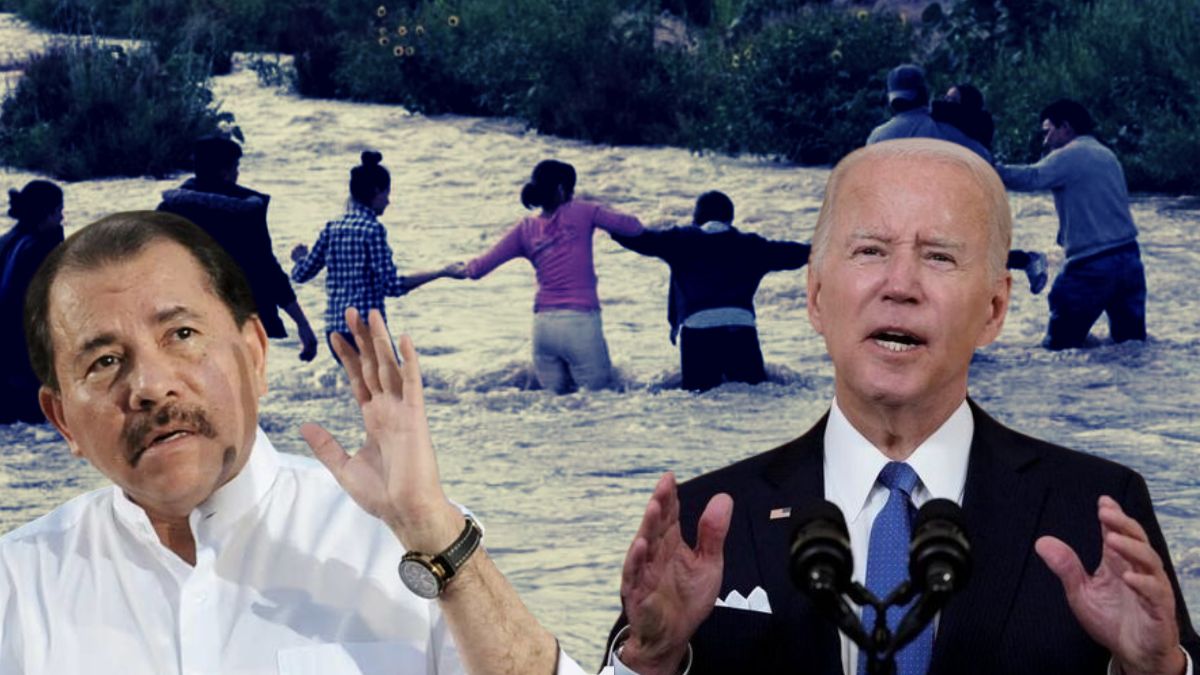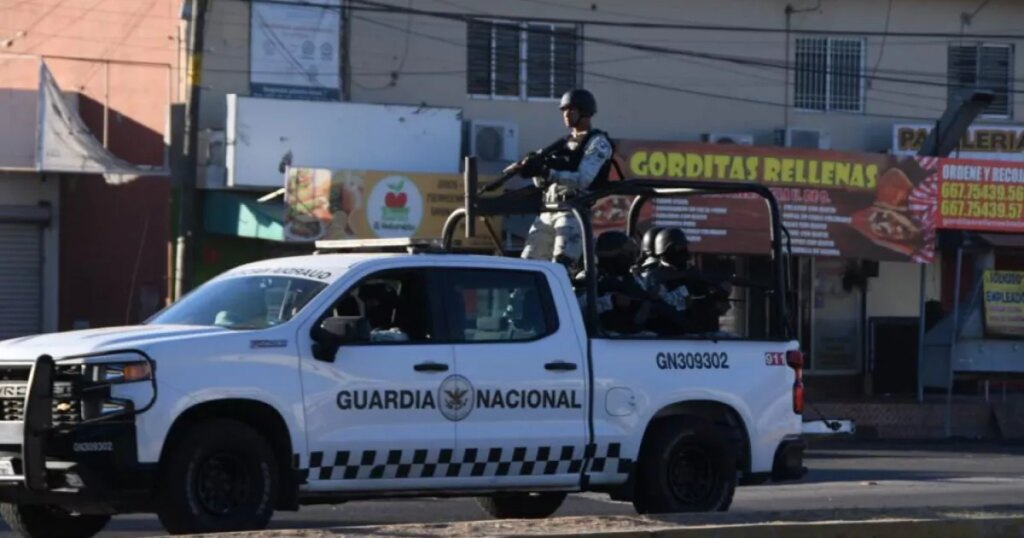Following the announcement by the President of the United States, Joe Bidento close the border to the thousands of Nicaraguans who arrive in search of political asylum, the former ambassador of Nicaragua to the Organization of American States (OAS) Arthur McFields He considers that the migration issue needs “comprehensive responses” and that the measure “is not enough.”
“A safe and orderly migration is needed, but above all a humanitarian one, comprehensive responses are needed. It is not enough to close the border because as long as you have a criminal and murderous dictatorship like Daniel Ortega’s, people will continue migrating even if they close the border. People are always looking for ways to enter the United States. The risk of Nicaraguans who want to enter the United States will increase,” McFields told Article 66.
“Migration is not going to stop because the problem is not closing or opening the border. The problem is the criminal dictatorship of Daniel Ortega and, as long as that problem, which is the dictatorship, is not solved, people will continue to flee Nicaragua. Nobody wants to die crushed by a dictatorship », he added.
Related news: The US closes the border to Nicaraguans, Cubans and Haitians, only 30,000 will be able to enter and by air
The former rebel diplomat of the dictatorship explained that closing the border increases the risk of Nicaraguans because they will seek other ways such as entering the “land of hope that for many of them is the United States.”
The expert in immigration laws and president of the group “Nicaragua Nueva Generación”, ronmell lopezexplained to Article 66 that the US “humanitarian parole” is not a restriction, but a necessary measure to facilitate orderly migration, assess meritorious cases, reduce the risk of transit with coyotes, and take away business and power from the mafias that kidnap and demand ransoms to free those who emigrate. It will also make it possible to exclude false asylum seekers who are sympathetic to the regime and present false evidence.
“The US government will continue to allow the possibility of submitting applications for political asylum. What this measure does is implement a new procedure. Keep in mind that the US is not the only country in the world where you can request asylum. Neither did Costa Rica, Spain and Panama. There’s others. There are always other ways for meritorious and exceptional cases in which it is not possible to follow the procedure, but those are extremely difficult to achieve. The best thing will be to be properly informed and follow the indications to meet the requirements, “he said.
“TPS of Hope”
McFields and López agree that efforts must be redoubled and insist on the approval of a Temporary Protected Status, “TPS of hope”, for Nicaraguans who have migrated to the US in search of political asylum as a result of the crisis humanitarian, social, political and economic situation that the country has experienced since April 2018.
“A TPS of hope should also be considered, a TPS for Nicaraguans who are still in the shadows in this country (USA) who want to work and seek a better future for their family and pay taxes,” McFields said.
orderly migration
The United States announced this Thursday, January 5, that it will accept more than 30,000 migrants a month from Venezuela, Cuba, Nicaragua and Haiti, thus expanding a program for which it already currently grants humanitarian permits to Venezuelans.
With the inclusion of Cubans, Haitians and Nicaraguans, the program that the US launched last October is expanded to deliver 24,000 permits to Venezuelan migrants and, at the same time, deport those who cross the border without permission to Mexico.
Related news: Migrant remittances reach a new record in Nicaragua
“The humanitarian parole program that is requested at the American Consulate and that requires financial endorsement from a solvent person in the US is a program that is very similar or equal to the program in Venezuela,” López said.
More than 181,000 Nicaraguans entered the United States irregularly in 2022, according to official figures from the North American country. Most are fleeing the dictatorship of Daniel Ortega and Rosario Murillo, which keeps the country mired in a serious human rights, sociopolitical, and economic crisis.















